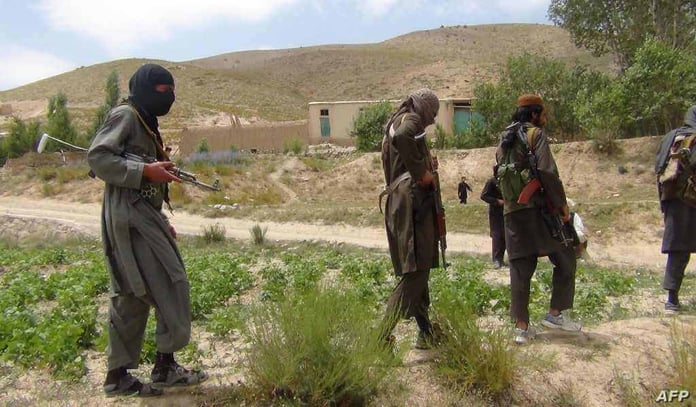
Despite its hostility to historical monuments and its destruction of many artifacts during its previous rule, the Taliban movement began searching for one of the most famous treasures in the country, which includes many pieces made of pure gold.
The movement seems interested in finding many valuables whose whereabouts are currently unknown, but whose value is very great.
A report from the Life Science website states that the treasure contains 20,000 artifacts, many of them made of gold, dating back 2,000 years, which were found in tombs at a site called Tilia in 1978.

The archaeological treasure was kept in the National Museum of Afghanistan and was on display in the presidential palace, but with the chaos that engulfed the country, its location is currently unknown.
Despite its search for the golden treasure, the Taliban’s control threatens other monuments in the country, most notably “Mis Aynak”, a Buddhist city that flourished about 1,600 years ago.
The city was located along the famous Silk Road and was used for both trade and worship. There are many ancient Buddhist monasteries and other ancient Buddhist artifacts buried there.
Archaeologists fear that the Taliban will take control of Afghanistan again, after they destroyed many of these Buddhist artifacts during their previous rule, including two colossal statues from the sixth century known as the “Bamiyan Buddha”.
The future of the city of Mais Aynak looks bleak, after the Taliban began visiting the site for unknown reasons.
“All archaeological sites in the country are at risk under Taliban control,” Khair Muhammad Khairzadeh, an archaeologist who led the excavations in Mays Aynak told Live Science, adding that archaeological sites are not subject to any monitoring or care under Taliban rule.
Despite its assertion that it will govern in a more moderate way compared to its rule over the country between 1996 and 2001, the international community is suspicious of the movement’s commitments.
The hardline Taliban says that it granted a general amnesty to everyone who worked in the previous government, including the army, police and other security services, but international organizations are suspicious of this.













